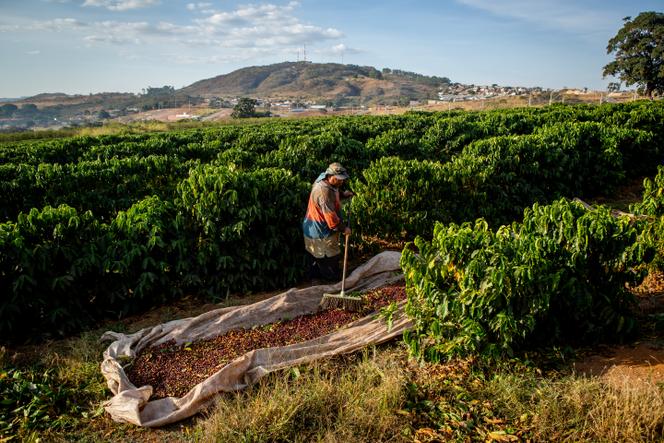


Pedro and José thought they were seizing an unexpected opportunity, without realizing they were walking into a nightmare. In early April 2023, the two brothers (whose names have been changed), impoverished residents of Berilo, a town in the northeast of Minas Gerais state, crossed paths with a timely recruiter who offered them a job harvesting coffee, set to begin the following month. The work was hard, but the pay was guaranteed. The duo was convinced.
After 16 interminable hours on a bus, they finally reached the farm, 1,000 kilometers to the south. What awaited them was a shock: Workers were crammed into deplorable conditions in shacks. Work went from dawn until nightfall, with no days off, no rest, no access to sanitation, and sometimes even no drinking water. Under the pretext of covering energy or maintenance costs, the owner paid them a salary reduced to almost nothing. Such practices are tountamoun to a modern form of slavery.
Alerted by a non-governmental organization (NGO), the police freed the captives after 40 days. It was a relief for the victims, but an unfortunately horrifyingly common case in Brazil, where the coffee sector has long been plagued by the widespread use of forced labor. This is the focus of a complaint filed on Thursday, April 24, with the US Customs and Border Protection by the NGO Coffee Watch.
You have 86.71% of this article left to read. The rest is for subscribers only.
